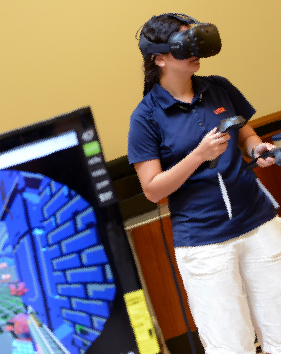 On Nov. 4, I had the privilege of participating in a webinar where author and historian Dr. Ibram X. Kendi spoke about his New York Times best selling book “How to Be an Anti-Racist”. The conversation was very open minded and involved a lot of tough topics surrounding bigotry and systemic racism in America. Dr. Kendi delivered a phenomenal message to the community and left many of us thinking about how we can better ourselves to be anti-racist.
On Nov. 4, I had the privilege of participating in a webinar where author and historian Dr. Ibram X. Kendi spoke about his New York Times best selling book “How to Be an Anti-Racist”. The conversation was very open minded and involved a lot of tough topics surrounding bigotry and systemic racism in America. Dr. Kendi delivered a phenomenal message to the community and left many of us thinking about how we can better ourselves to be anti-racist.
When asked about the difference between racism and prejudice/bias, Dr. Kendi thoughtfully responded stating that racism, prejudice and bias are all rooted in bigotry, “no one is born being biased or prejudice” he continued. These things are taught. Racism is rooted in bigotry, but is also fueled by power. Later in the webinar, he spoke about how power is policy. Which is why so many racist policies are essentially integrated into a system. This explains a lot. Historically, racist people have been the most powerful.
Another interesting point Dr. Kendi mentioned was, “denial is addiction”. Those who refuse to acknowledge facts but constantly are shown proof and evidence are addicted. I thought this was very relevant to the nation’s current state with the pandemic. COVID-19 has been consistently denied as some sort of hoax by many people despite the evidence by scientists and medical doctors.
This brought Dr. Kendi to his next point. He explains how studies have shown that COVID-19 is more likely to be contracted by lower income Black and brown communities. On the other hand, there are many people who refuse to wear masks and abide by CDC orders. This puts the people who are high risk (people of color) in danger. This is harmful and racist.
Dr. Kendi ended the webinar by leaving the audience with some advice. He urged the viewers to simultaneously join a local social justice group and still work on yourself to be anti-racist. This way you can implement change within yourself and the system. He continues by saying that although he is a scholar and has dedicated hours of research studying racism, he is constantly learning how to be anti-racist as well. I believe this was encouraging for many of us. I left this webinar feeling really hopeful.
Conversations about racism are difficult to have, but they are so necessary in order for change to occur. As a young adult, I am not waiting for change to magically occur, I am taking steps to ensure they will occur, slowly but surely.
“We need to be weapons of mass construction, weapons of mass love. It’s not enough just to change the system. We need to change ourselves.” -Assata Shakur
By NVC Student Haneen Rafati
Anti-Racist Resources
- PBS’s “Teaching Your Child About Black History Month”
- “How Studying Privilege Systems Can Strengthen Compassion” | Peggy McIntosh at TEDxTimberlaneSchools (18:26)
- White Fragility: Why It’s So Hard for White People to Talk About Racism by Robin DiAngelo, PhD
- Dear White People (Justin Simien) — Netflix
- If Beale Street Could Talk (Barry Jenkins) — Hulu
- The Hate U Give (George Tillman Jr.) — Hulu with Cinemax
- From health care to education, how systemic racism affects Black Americans
- How U.S. systemic racism plays out in Black lives
- Read in Reuters: https://apple.news/ADHsEFKRXQtmpKl42AQbDOA
- Why everyone should understand ‘racial trauma’ right now “Who wants to live in a society where so many people routinely experience racial trauma?”
- Read in Mashable: https://apple.news/AVm3oIWUDQQa_4ZmIpwJCiQ
- Driving While Black: Race, Space And Mobility In America | KPBS https://www.kpbs.org/…/driving-while-black-race-space…/
- 12 Free Documentaries And Shows About Black History And Racism In America https://www.kpbs.org/…/13-free-documentaries-and-shows…/
- 25 Books for People Who Want to Learn More About Race in America
- Because ally ship starts with understanding. Read in SELF: https://apple.news/AID9I2f2BS3yzRFdnP2F2Ow

 On May 26, 2020, In the midst of a global pandemic, Americans all over the nation swarmed the streets in protest following the death of George Floyd by a Minneaopolis police officer.
On May 26, 2020, In the midst of a global pandemic, Americans all over the nation swarmed the streets in protest following the death of George Floyd by a Minneaopolis police officer.

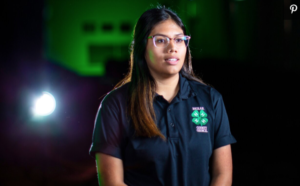 It’s not every day that Northwest Vista College students get to claim that People Magazine gave them a shout out or in Micah Palacios’ case – a feature in their digital magazine.
It’s not every day that Northwest Vista College students get to claim that People Magazine gave them a shout out or in Micah Palacios’ case – a feature in their digital magazine.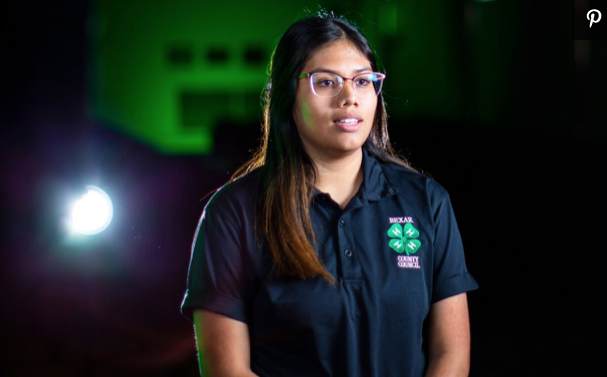
 According to researchers at Duke University, only about 43% of 18-29 year olds voted in 2016 (Duke 2018).
According to researchers at Duke University, only about 43% of 18-29 year olds voted in 2016 (Duke 2018).
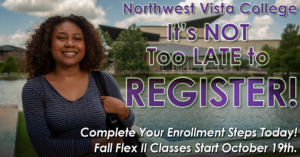 With Flex II classes starting on Oct. 19, I decided to share my experience with flex courses. When I first started college, the idea of a flex class was really scary to me. I had always heard about how fast pace they are and how the workload can be demanding.
With Flex II classes starting on Oct. 19, I decided to share my experience with flex courses. When I first started college, the idea of a flex class was really scary to me. I had always heard about how fast pace they are and how the workload can be demanding.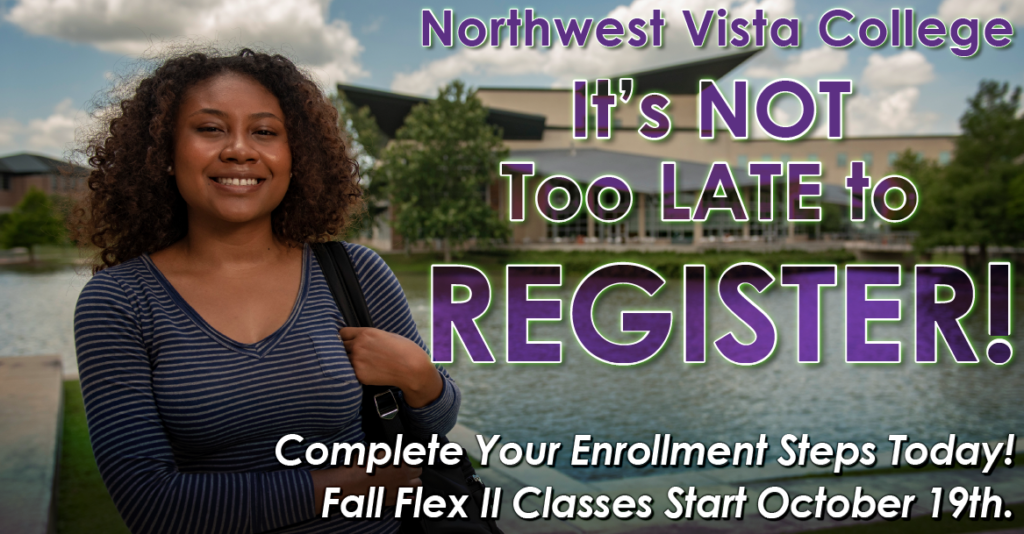
 In the beginning of each semester, I take time to write down some goals I have for each class. The goals vary from semester to semester and of course from subject to subject. But this semester they have been adjusted to fit my remote learning needs.
In the beginning of each semester, I take time to write down some goals I have for each class. The goals vary from semester to semester and of course from subject to subject. But this semester they have been adjusted to fit my remote learning needs.
 On March 13, I packed up my belongings from my work desk at Northwest Vista College. I remember debating on whether or not I should keep a bag of pretzels in my drawer for when I come back to my work study job. I decided against it since they’d probably be stale by the time I got back. Spring break was about to begin and I was so ready for a week off. Little did I know a global pandemic was about to change our lives forever.
On March 13, I packed up my belongings from my work desk at Northwest Vista College. I remember debating on whether or not I should keep a bag of pretzels in my drawer for when I come back to my work study job. I decided against it since they’d probably be stale by the time I got back. Spring break was about to begin and I was so ready for a week off. Little did I know a global pandemic was about to change our lives forever.
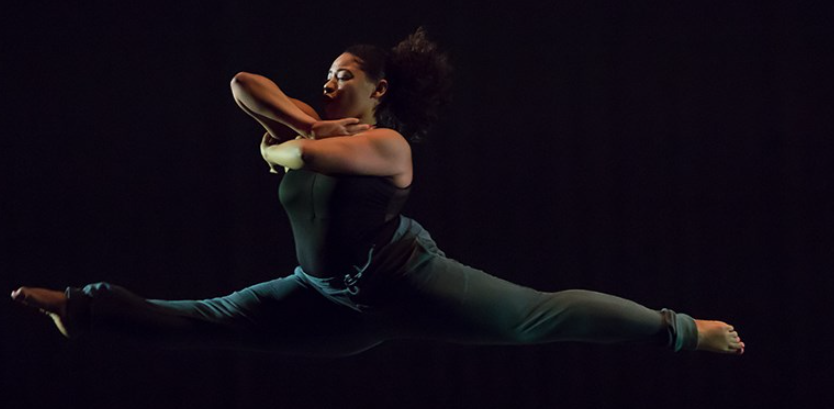

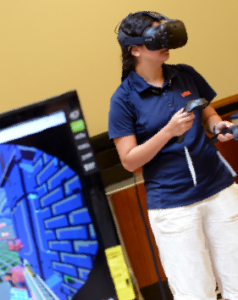 Northwest Vista College students will now be able to get an easier transition to a bachelor’s degree in Engineering with a new partnership between Alamo Colleges and the The University of Texas at San Antonio.
Northwest Vista College students will now be able to get an easier transition to a bachelor’s degree in Engineering with a new partnership between Alamo Colleges and the The University of Texas at San Antonio.